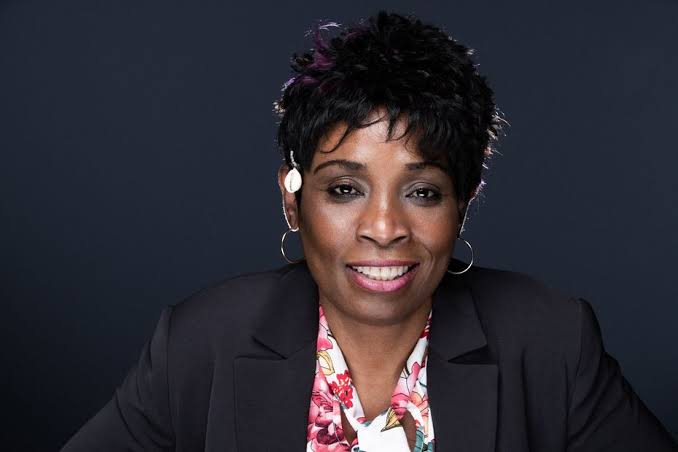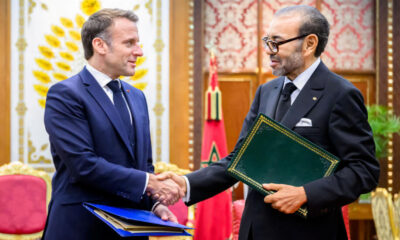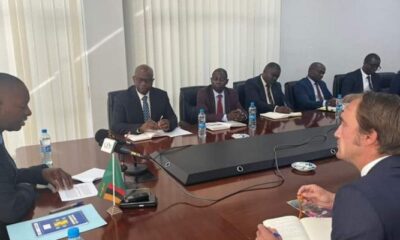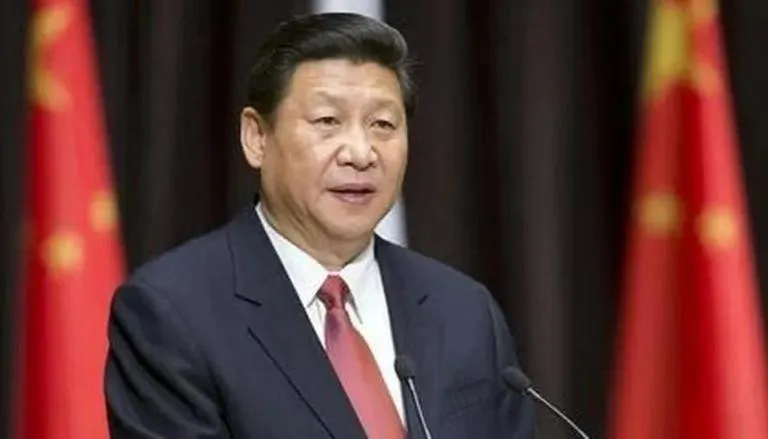A former Ivory Coast immigrant who made a living as a ‘cleaning lady’ in France has been elected into the French parliament on Sunday.
48-year-old Rachel Kéké thus breaks another glass ceiling when she was elected a member of the French parliament on the platform of the new left-wing alliance, NUPES.
Kéké who describes herself as a voice to the voiceless, promised meet with all the young people in her constituency and provide a voice for them.
“I am the voice of the voiceless. I am a maid, I am a cleaner, security guard, care assistant, home helper, I am all these invisible jobs. And at the National Assembly, these jobs will become visible,” the newly-elected MP said shortly after she was sworn in.
The Ivorian former ‘cleaner’ replaces President Emmanuel Macron’s former Sports Minister, Roxana Maracineanu, in a seat to represent a Paris southeastern suburb.
Sylvie Kimissa, a cleaning lady and former colleague of Rachel Kéké said of her victory:
“We are in joy so we have no words to say… We believed in it, we are there, we are going to the Assembly, we have a representative in the Assembly.”
Kéké has been a vocal advocate of lowly placed workers and was one of a group of cleaning ladies who took their employer to court over pay and working conditions and won.
“I will meet all the young people in my constituency, because these young people who no longer believe in life, these young people who are desperate, these young people who say to themselves: ‘No, France is not good, France is bad, I say no’.
“We are going to work together to offer young people a France with a new face”, the new MP said.
The left-wing alliance, NUPES, has emerged as one of the dominant political forces following Sunday’s legislative elections that resulted in the Macron losing the majority in parliament.


 Sports2 days ago
Sports2 days ago
 Metro2 days ago
Metro2 days ago
 Metro1 day ago
Metro1 day ago
 Culture2 days ago
Culture2 days ago



































